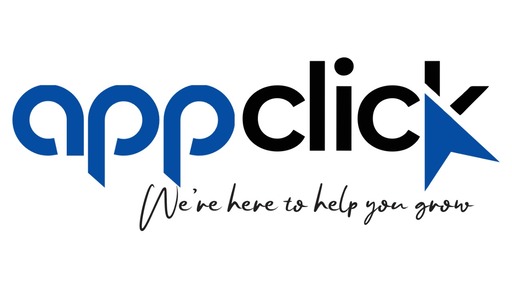In the field of digital marketing, affiliate marketing has gained popularity, but what is it really? Essentially, It is endorsing the goods of other businesses in exchange for a commission on each transaction that results from your recommendation. Businesses broaden their customer base, and marketers generate passive revenue—a win-win scenario. We’ll explore the foundations of affiliate marketing, its operation, and success strategies in this blog.
Affiliate Marketing: What Is It?
Through the use of affiliate marketing, businesses can pay independent publishers to direct customers to their products and services. As affiliates, the third-party publishers are encouraged to create methods to promote the business by the commission money.
Learning Affiliate Marketing
It has become more popular thanks to the internet. By developing an affiliate marketing program that allows websites & bloggers to link to the Amazon page for a product they have reviewed or discussed in order to get advertising costs when a transaction is made, Amazon promoted the practice. This makes affiliate marketing basically a pay-for-performance marketing scheme in which the selling process is delegated to a large network of vendors.
Although it is existed before the internet. it became a billion-dollar industry in the digital marketing space because to cookies and analytics. Through internal analytics, a business operating an affiliate marketing program can monitor the links generating leads and determine the proportion of leads that become sales.
Affiliate marketing can be classified into three main categories:
Unattached Affiliate Marketing:
This is an advertising model where the affiliate has no connection to the product or service they are promoting. they do not have any known related skills or expertise & do not serve as an authority on or make claims about its use. This is the least involved type of affiliate marketing because the publisher is relieved of their obligation to recommend or advise due to their lack of attachment to the potential customer & product.
Related Affiliate Marketing:
As the name implies, related affiliate marketing involves product or service promotion by an publisher who has some sort of relationship to the offering (usually between the affiliate’s niche and the product or service). The affiliate is a reliable source because they are a credible source with sufficient authority and knowledge to drive traffic. However, the affiliate makes no promises regarding the use of the good or service.
Affiliate Marketing Involved:
An enhanced relationship is created between the publisher & the good or service they are endorsing through this kind of marketing. They are sure that others will gain from what they have learned since they are either familiar with or currently using the product. The commercials are their experiences, and they are reliable information sources.
The Benefits and Drawbacks of Affiliate Marketing
Both the advertising company and an affiliate marketer stand to gain greatly through affiliate marketing. The publishers gains by earning extra money & incentives, while the company gains from the affiliates’ innovative marketing efforts & low-cost advertising. Because the company only pays for traffic resulting in sales, It offers a high return on investment. The affiliate bears any advertising costs that may arise.
An affiliate marketing program’s terms are set by the advertising company. In the past, organizations mostly paid for banner ads according to cost per click (traffic) or cost per thousand (one thousand impressions). The emphasis moved to commissions on real sales or leads that were qualified as technology advanced.
These days, the majority of affiliate programs have stringent requirements for lead generation. Additionally, there are some prohibited techniques, such using spyware or adware to reroute all product searches to an affiliate’s website. Certain programs even specify how a product or service must be discussed in the content in order for an affiliate link to be considered legitimate.
It is possible for dishonest affiliates to squat on misspelled domain names and receive payment for the reroute. They can buy AdWords on search terms that the business already scores highly on, fill up online registration forms with fictitious or stolen information, & so forth. An affiliate marketing scheme necessitates that someone oversee affiliates & enforce the terms & conditions, even if they are explicit rules.
Particular Points to Remember
This approach seeks to boost sales and provide a solution which helps both the merchant and the affiliate. The system is profitable, unique and gaining support.
The model is becoming simpler to apply thanks to the internet and advancing technologies. Businesses now track and pay commissions on eligible leads more effectively. Their capacity to monitor sales and leads better helps them improve or position their items more effectively.
Understanding affiliate marketing and its benefits and drawbacks will be helpful for those who are considering a career in it. Businesses looking to become affiliates will gain by thoroughly screening and certifying their partners. All things considered, it’s a cheap & efficient approach to promote goods & services, build brand recognition, & grow a customer base.
Conclusion
A contractual organization that does company advertising is known as an affiliate market. A lot of content producers sign contracts with companies to become affiliate marketers, being paid to recommend goods and services.
It helps to have a topic or area you are enthusiastic about before you begin. Develop a following & never give up. if you are able to attract enough people, marketers may get in touch with you in order to extend your reach.




